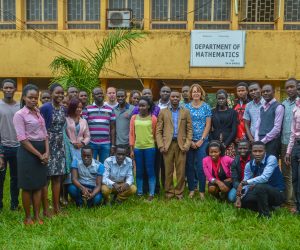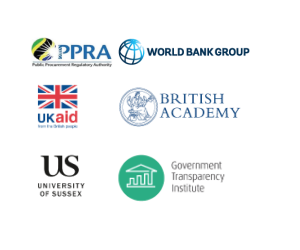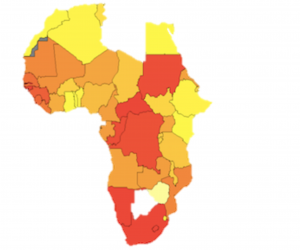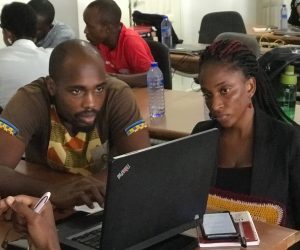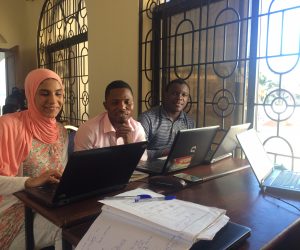On 13-14 October, Liz David-Barrett ran a workshop together with the Department of Mathematics at Makerere University, Uganda, and the African Maths Initiative on Analysing Corruption Risks in Procurement Data. The workshop brought together top Maths and Statistics students with civil society experts on anti-corruption in Uganda to analyse data and look for ‘red flags’ of corruption risk. As well as using open-source statistics software […]
Anti-corruption interventions in development aid: Is corruption reduced or merely displaced?
Most anti-corruption interventions are small-scale and targeted. Hence, there is a risk that they simply displace corruption rather than reducing it as corrupt actors adapt to the new conditions. Direct attempts at improving corruption controls in one area might elicit two evasive tactics: corrupt actors could shift focus to areas with weaker controls or could more aggressively exploit the loopholes that remain. Observing such displacement […]
Policy Brief: Data infrastructure in Tanzania
The publication of data about government procurement is widely perceived to be beneficial in terms of improving transparency over a significant area of public spending. Transparency in public procurement is associated with greater scrutiny over processes and outcomes, helping to improve accountability in order to achieve enhanced competition, better value for money and reduced corruption. In 2017, as part of a project on Statistics for […]
Policy Brief: Recommendations for donors
This short Policy Brief introduces and explains our red flags method for analysing corruption risks in aid spent through national procurement systems, and offers some recommendations to donors on how best to curb corruption. We propose three main recommendations: (1) Invest in building better data infrastructure. Not only can this help donors control aid, but it can also empower civil society groups, provide leads for investigative journalists […]
Ghana workshop: Analysing red flags in procurement
What do you get if you cross anti-corruption activists with mathematicians? It’s no joke. This was exactly what we did in Cape Coast, Ghana, recently, bringing these two groups together to analyse procurement data for evidence of corruption ‘red flags’ in a two-day hackathon at AIMS Ghana. The anti-corruption world has a tendency to pin its hopes on transparency as a solution, and recently in […]
Getting smart about data helps tackle corruption
The G20 made tackling corruption a priority in 2017, highlighting in particular the harm caused by corruption in impeding the development of the poorest countries, threatening market integrity and distorting open competition. This damage is nowhere more evident than in public procurement. Public money is wasted, infrastructure is built to poor standards, public services are provided inadequately. Yet tracing corruption in contracting is often very […]
Controlling Corruption in Development Aid: New Evidence from Contract-Level Data
Following scandals about corruption in foreign aid, and in a political climate that increasingly questions the legitimacy of development assistance, donors are under pressure to control how their funds are spent. At the same time, they also face pressure to trust recipient governments to disburse project funds themselves, so as to build capacity in developing countries. This paper assesses under which conditions donor regulations are […]
Data, Software and Talent: Turning Open Data into a useful Anti-Corruption Tool for Africa
For years, campaigners have lauded the benefits of transparency as a policy solution to corruption. That message was gradually refined as researchers noted that transparency was effective as an anti-corruption tool only if it led to increased accountability, and that this only happened in conditions where the overall institutional environment was conducive. More recently, open data – data about the activities of governments and public […]
